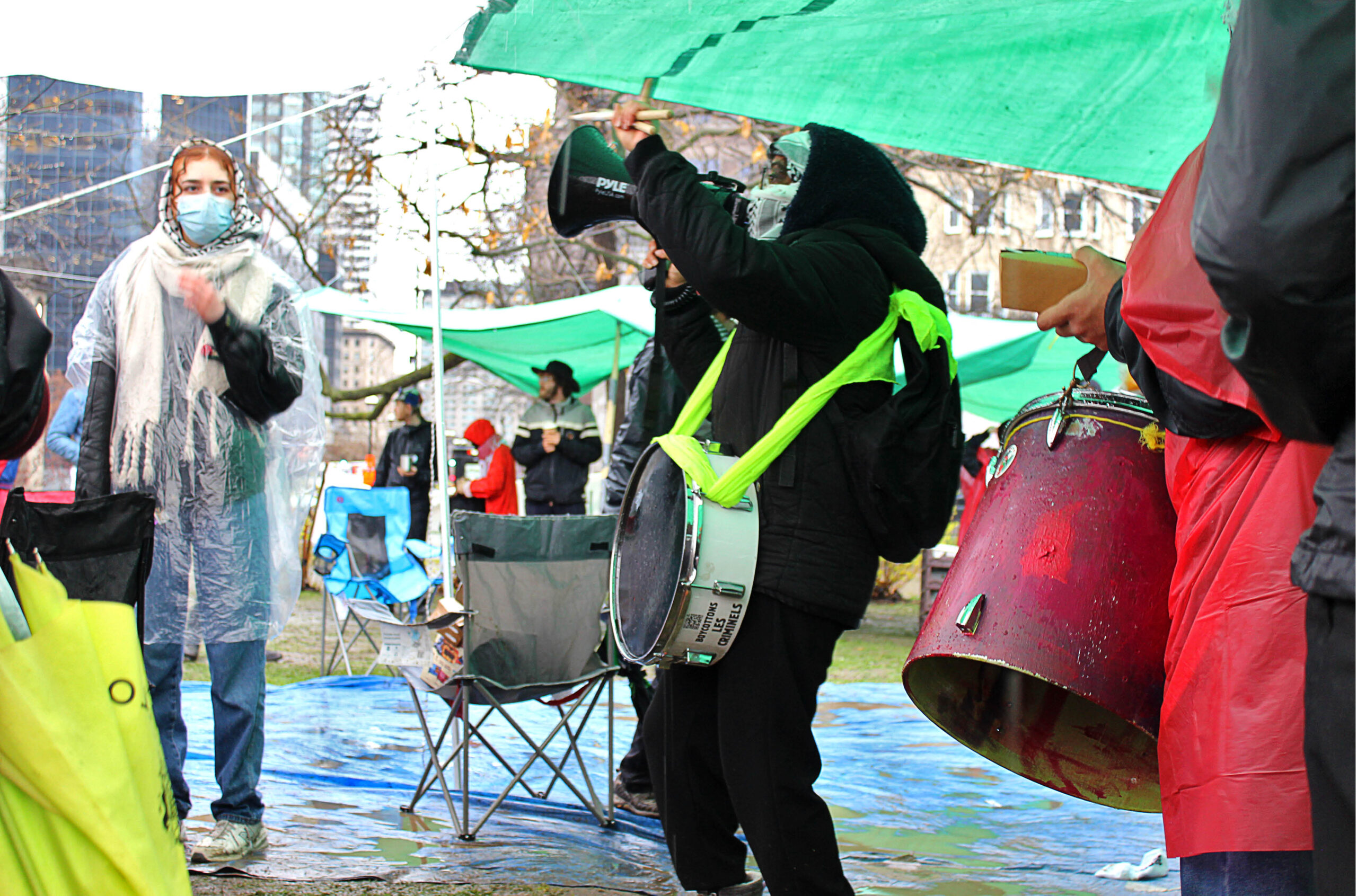UPEI pilots a new open textbooks project
Organizers hope to eventually expand the program to a regional repository for Atlantic Canada.

The University of Prince Edward Island recently received provincial funding to pilot a new open education resources program. UPEI’s Robertson Library, in collaboration with the UPEI Student Union (UPEISU), received $25,000 in funding from the provincial government to pilot its OER development program through 2020. The program offers grants for the development of new open textbooks, adaption of existing open textbooks and creation of ancillary materials. It also includes a small honorarium for formal peer reviews.
“The student union was actually the lead in approaching the province to ask for these funds,” says Kim Mears, the health sciences and scholarly communications librarian at UPEI who’ll lead the project. She notes that the library supported the application with evidence on the benefits of open textbooks and will provide in-kind supports, including project administration, access to platforms and promotion. All the money provided by the province will go to grants, which they aim to allocate by the end of the calendar year.
The program builds on UPEI’s existing efforts in open education, including an open textbook project, an open textbook working group and Pressbooks, a free open textbook authoring platform.
“We’ve been working at building awareness and knowledge of, and supports around, the development of open educational resources,” says Donald Moses, UPEI’s university librarian. Mr. Moses says that OER “provides a way of reducing barriers to learning,” citing the ability for faculty to customize materials with local examples, as well as the creation of multimedia and interactive versions of the text to support different ways of learning.
Reduced costs a key motivator
A key benefit often cited in support of OER is reduced costs for students. For the students’ union, that was a driving motivation, says Sweta Daboo, UPEISU’s vice-president, academic and external. “One of our guiding principles is ensuring that postsecondary education is affordable and accessible to everyone,” says Ms. Daboo. She says that the average first-year student at UPEI spends about $650 per year on textbooks. Open textbooks “are a good alternative to a regular textbook,” she says, adding that the $25,000 investment could save students as much as $80,000 collectively over the first year.
In British Columbia, where provincial funding for open textbooks dates back to 2012, savings have been significant, according to statistics collected by BCCampus. Amanda Coolidge, director of open education at BCcampus, says that B.C. “was the first province to really get involved with open education.” In 2012, the B.C. government provided $1 million in funding for the creation or adaptation of open textbooks. Since then, there has been additional funding and students have saved nearly $15 million in textbooks costs, she says.
Developing regional resources
Other provinces have followed B.C. in developing open educational resource projects, either at the institutional or provincial levels. E-Campus Ontario, for example, is a similar provincial body to BCCampus, working in the areas of educational technology, online learning and open education. However, “as we get more East, in the Atlantic provinces, it’s been fairly quiet,” says Ms. Coolidge. “We have advocates at Dalhousie University and of course the UPEI team, but on the whole, it’s been more quiet and I think it’s just based on not having one larger provincial body to help spearhead that conversation with ministry officials.”
Going forward, the Atlantic provinces are looking to develop more regional resources. As part of Ms. Mears’ work with the Council of Atlantic University Libraries, she is involved with an implementation working group “to look at a potential creation of a regional repository of OER.” On the institutional level, Dalhousie University offered a grant for the creation or adaptation of OER this winter, with funding coming from its Centre for Learning and Teaching and Dalhousie Libraries.
At UPEI, the current funding agreement is only for one year, but UPEISU’s Ms. Daboo is hopeful. “This is definitely something that we’d like to see dedicated funding for, year after year, just to maintain or expand this project.”
Featured Jobs
- Canada Excellence Research Chair in Computational Social Science, AI, and Democracy (Associate or Full Professor)McGill University
- Veterinary Medicine - Faculty Position (Large Animal Internal Medicine) University of Saskatchewan
- Psychology - Assistant Professor (Speech-Language Pathology)University of Victoria
- Business – Lecturer or Assistant Professor, 2-year term (Strategic Management) McMaster University
















Post a comment
University Affairs moderates all comments according to the following guidelines. If approved, comments generally appear within one business day. We may republish particularly insightful remarks in our print edition or elsewhere.